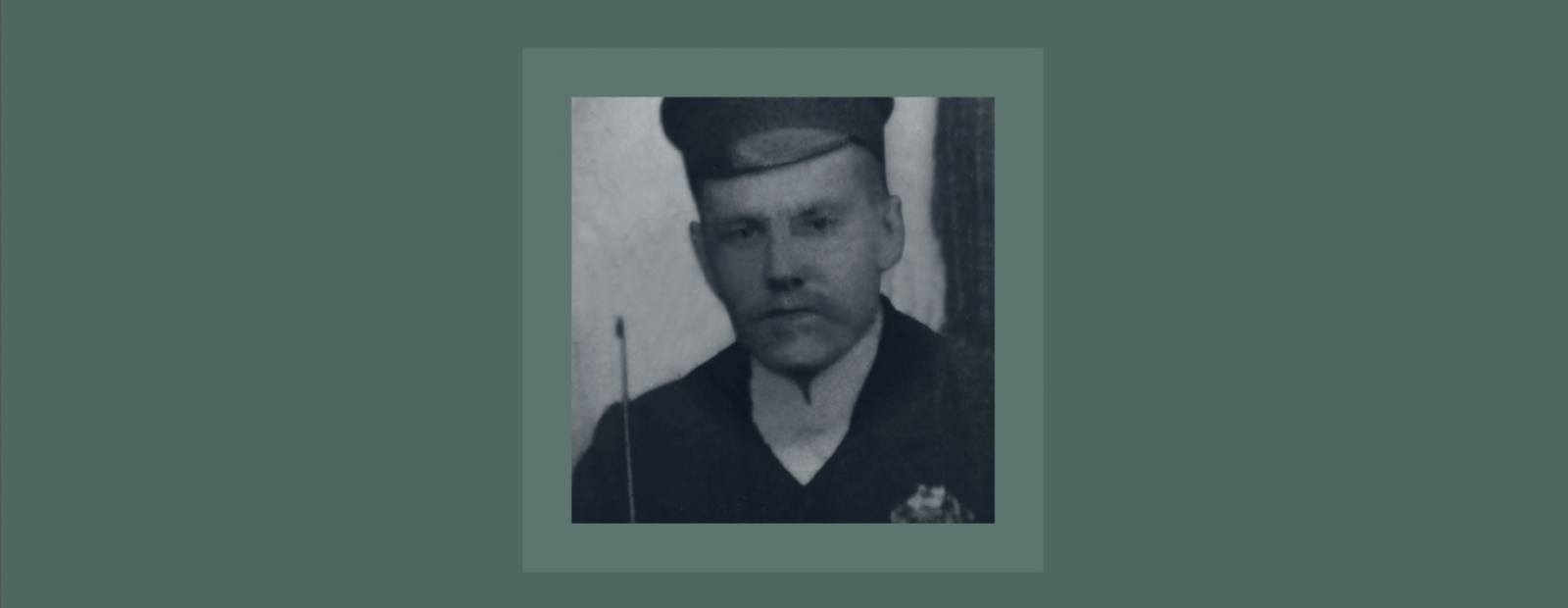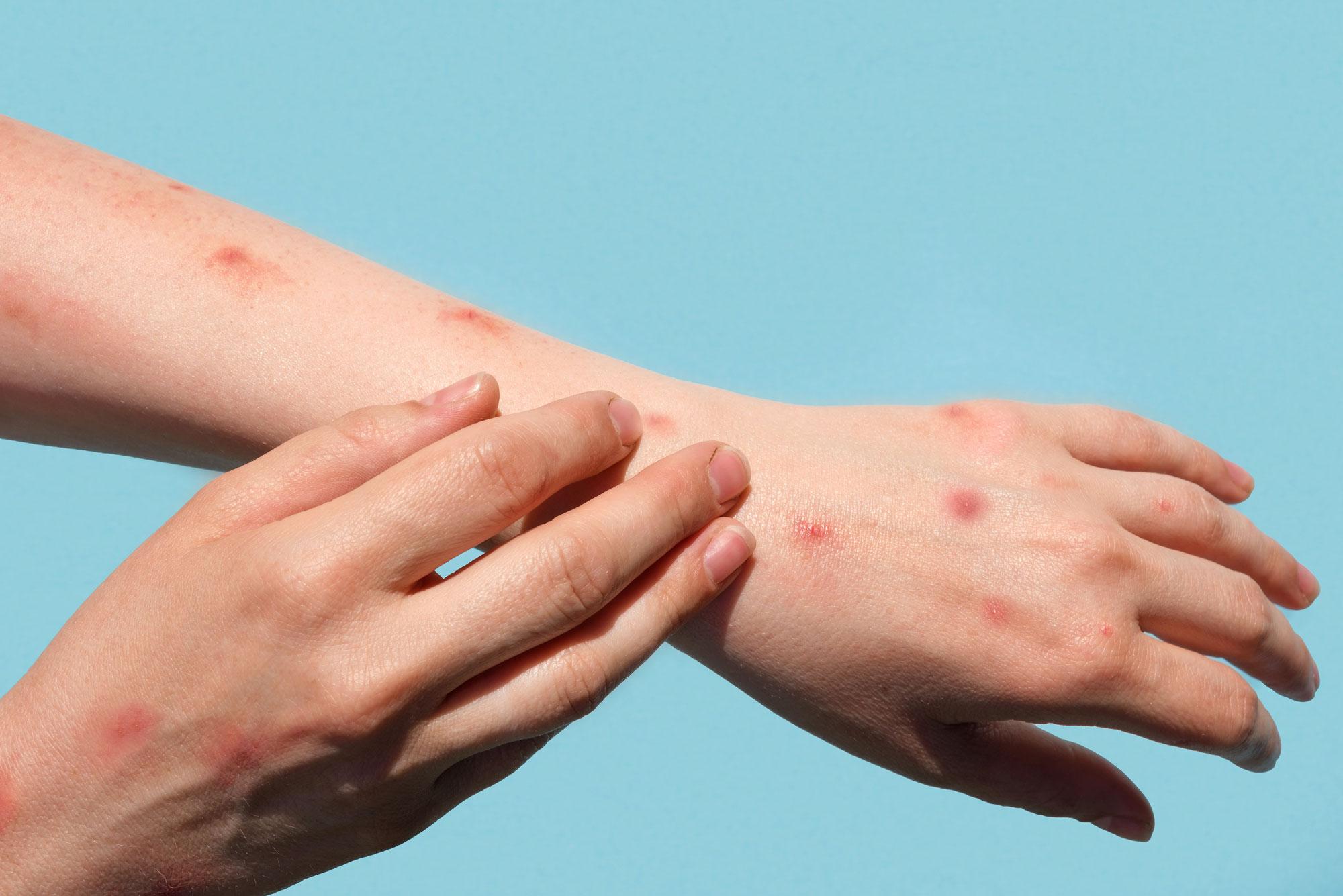“Arno Jundze’s novel documents the last month and a half of Weidenbaum’s life, but covers his entire life, allowing to emerge from the depths of literary history not a poster image, but a personality pulsating in contradictions, driven by the drive: “I would also like to write something better, more significant, so that no one can say – that idleness of the Weidenbaums is no longer useful and worth anything,” Gundega Blumberga describes the work.
“That year, spring is sad. At the moment when it finally blooms and the “meadows are decorated with flowers”, the country of shadows enters it. In the fate of Eduard, the prodigy of the farm, the story of the outbreak and rapid combustion is not original, nor is it the story of underestimating one’s talent, the desire to burn what was written and fame, which comes only after death. But the fact that in 2022 Weidenbaum’s small literary legacy continues to be read, quoted and sung more than a century after his death, shows something permanent. Arno Jungze also tried to access this in his version of the poet’s insanely short life life”, – said Vents Zvaigzne.
The literary activity of the writer Arno Jundze (1965) is multifaceted: literary scholar, cultural journalist, prose writer, who freely feels in different forms and genres. Author of ten books, the first of which is a scientific monograph Finnish literature in Latvia. 1885–2001 (2002). Four novels have been published in two decades, including a suspense novel about Latvia in the 1990s Red mercury (2017) series We. Latvia, XX century and a crime novel The last witness (2021), as well as a collection of stories and books for children. The books have been nominated several times for various cultural awards, including the Latvian Literature of the Year Award, the works have been translated into Lithuanian, Spanish, English and Estonian.
In 2018, the publishing house Book of the day started work on a new major project of Latvian literature I am… In the new series, a total of 26 new works are planned: 13 novels and 13 monographs about the classics of Latvian literature. About people whose works and thoughts, each in their own way, both visibly and unconsciously, shaped us today in one way or another. The same “we” who live in the series that made a significant contribution to the cultural field and national self-confidence of modern Latvia We. Latvia, XX century in novels where the writers focused on the spirit of the times, historical events and their traces in a different style.
The new project I am… predicts the series We. Latvia, XX century continuation, constantly activating social memory, history awareness, its research and understanding, focusing on the essence of personality, individual choices, intellectual responsibility.
Aspazija, Anna Brigadere, Anšlavs Eglītis, Jānis Ezeriņš, Gunars Janovskis, Ivande Kaija, Vilis Lācis, Jānis Poruks, Kārlis Skalbe, Ilze Šķipsna, Andrejs Upīts, Eduard Veidenbaums, Jānis Ziemieknieks. Some of these 13 writers, poets and dramatists, so important to literature and cultural history, have been undeservedly forgotten, some others have been canonized and have lost the contours of a living creative personality. However, even more important is the clear variety of these classics, the diametrical differences from one to the other, as well as the demonstration of the mutual mirror images of the individual and the society, in which we can also see today’s processes very well.
Project I am… is implemented with the support of the State Cultural Capital Fund. Authors of novels and monographs are writers Inga Ābele, Andris Akmentiņš, Guntis Berelis, Māris Bērziņš, Inga Gaile, Ilze Jansone, Arno Jundze, Laima Kota, Sven Kuzmins, Gundega Repše, Osvalds Zebris, Andris Zeibots, Inga Žolude and literary scholars Maija Burima, Inguna Daukste-Silasproģe, Gundega Grīnuma, Māra Grudule, Ieva Kalniņa, Arnis Koroševskis, Sigita Kushner, Anita Rožkalne, Olga Senkāne, Lita Silova, Ieva Struka, Viesturs Vecgrāvis, Jānis Zālītis. Project I am… the author and initiator of the idea is writer and art historian Gundega Repše.
–


